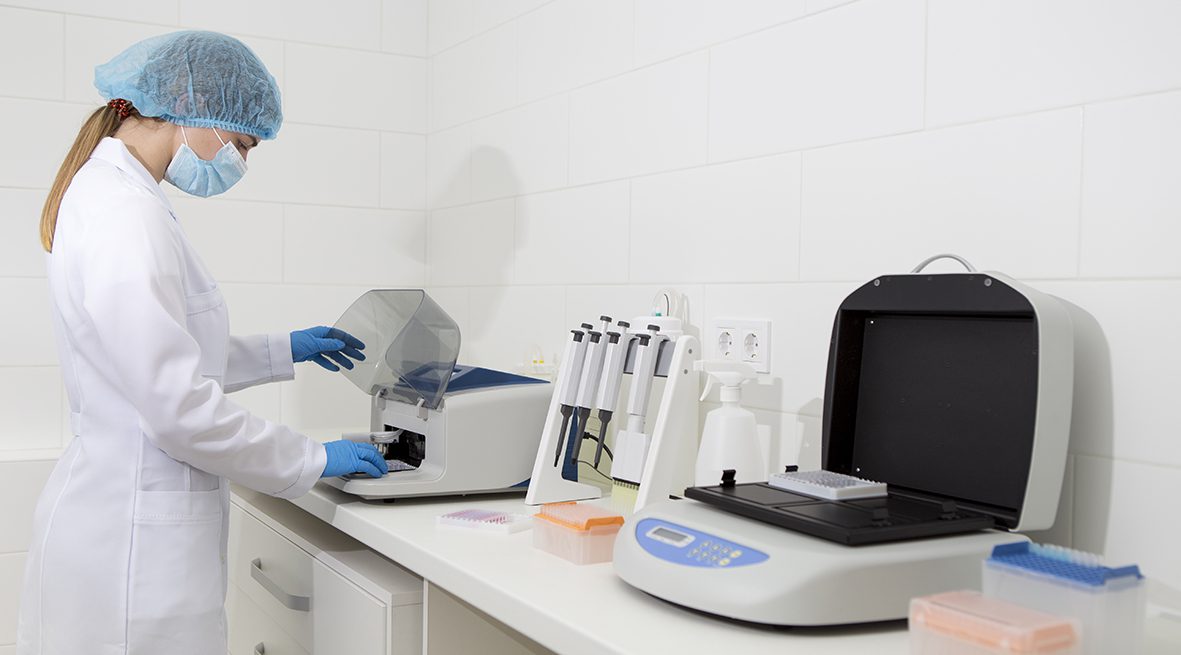As the number of COVID-19 cases in Turkey continues to rise, twenty Turkish researchers are striving to discover if there a coronavirus variant exclusive to Turkey.
The staff at the Experimental Medicine Application and Research Center at Health Sciences University in Istanbul, are drafting Turkey’s genome map for this purpose. So far, they have analyzed samples from 500 patients from across the country and they want to double these numbers.
Dr. Faruk Berat Akçeşme, who works in the project, says the study, launched last December, was one of the biggest of its kind in Turkey.
Turkey, like the rest of the world, struggles with emerging variants like delta and delta plus, after more than one year since the beginning of the pandemic. Scientists suggest modifications in vaccination programs and polymerase chain reaction (PCR) tests to correctly identify patients infected with variants.
Genome mapping will help the country to identify any new variant, which might be affecting the Turkish public exclusively. Researchers hope to find answers in a few months. “The answers may change the way we fight against the pandemic, from its diagnosis to its treatment,” Akçeşme told Demirören News Agency (DHA) on Monday.
He said along with finding a Turkey-exclusive variant, their work was seeking to map any potential variants from abroad that may exist in the country and remained unknown so far.
“Eventually, we send feedback to doctors who supplied us samples from patients and helped create a database on variants and creating associations between variants and prognosis of the disease,” he said.
In the second phase of the research, scientists will focus on genetic variables that may change the course of the severity of coronavirus. “This is especially significant for countries like Turkey where genetic heterogeneity is high. If there are such variables, it may help against the pandemic, from finding body’s response to vaccines to the severity of diseases and body’s response to treatment,” he said.
Akçeşme said they collected samples from patients in intensive care, patients who succumbed to the virus, patients who were hospitalized, people who were never infected, as well as their relatives.
“Genetic mapping can be instrumental in applying personalized treatment options, tailored for each different patient,” he added.

